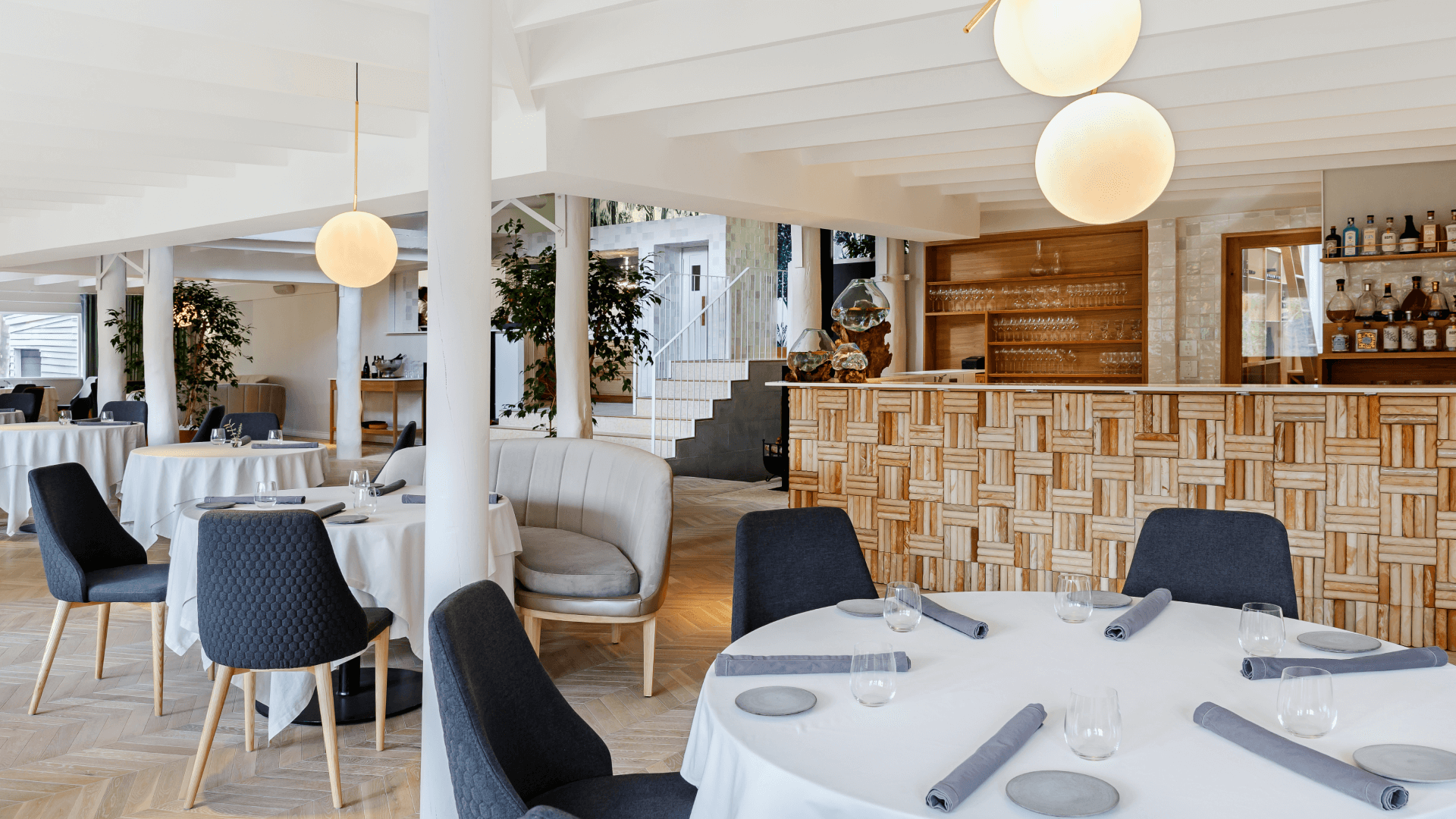In This Article:
Benchmarking is essential for any business wishing to stay ahead of its competitors. In the restaurant industry, this spans from customer satisfaction (reviews), operational efficiency, financial performance, and innovation to the harsh reality of profitability. Operators can identify areas for improvement and learn successful strategies from leading establishments, locally and globally. Whilst it’s ideal to travel to see what’s happening globally, if you cannot, then it’s important to learn from those who do.
Comparing plates to Michelin stars
In our process of awarding JHP Gourmet Guide™ one, two, three and gold Plate awards to South Africa’s finest fine-dining restaurants, we compare them with Michelin-starred and internationally recognised establishments. One Plate is awarded for excellent cuisine, two for exceptional cuisine worth a detour, and three for world-class, destination dining worthy of a flight. Gold Plates are reserved for restaurants of global standing.
Excellent cuisine
I’ll sit at a table in a Michelin-starred restaurant like Restaurant De Kas in Amsterdam and carefully analyse why they hold one star and a Green Star… and consider which South African restaurants are similar, and compare favourably. It’s the freshest of produce, served simply, with understated sophistication. At William in the Belmond Reid’s Palace, Madeira (swathed in the same shade of pink as our Belmond Mount Nelson!), the chef’s determination to elevate local ingredients and reduce imports over three decades inspired me, and opened my eyes to how our home-grown restaurants can do the same.
Demanding a detour
An unforgettable experience at two-starred Zeniya in Kanazawa, Japan, where chef Shin Takagi personally greets, cooks for, and escorts guests from the restaurant, is incomparable… raising my expectations somewhat when dining at our two-Plated gems. There is no substitute for personal, memorable service. Sir Raymond Blanc in Oxfordshire, at Belmond Le Manoir aux Quat’Saisons, with two Michelin stars and a Green Star, showcases the garden on the plate. Our two-Plated beyond subscribes to the same ethos and standards.
Worthy of a flight
Three-star epicurean adventures like lunch at Le Bernardin in New York created indelible memories and opened my eyes to what an iconic restaurant and chef do to inspire an industry. Arzak in San Sebastián, led by the father-daughter duo of Juan Mari and Elena Arzak, is a beautiful representation of fourth-generation family dedication and an illustration of their pride in the Basque culinary movement. Their on-site innovation lab shows a commitment to ongoing creativity… like FYN and La Colombe, holders of Gold Plates in South Africa.
Discerning diners who visit South Africa expect Plated restaurants to hold their own globally. I’m confident that they can, because our global, anonymous reviewers benchmark and analyse every aspect of the dining interlude. Many of these insights have been shared with our Plated restaurants, helping them evolve and improve. So how can you, as a restaurateur, benchmark?
How to benchmark your restaurant
- Compare your offering locally and globally: Review customer feedback relative to competitors in terms of quality, ambience, service, and overall experience.
- Measure financial performance: Compare revenue per seat, menu pricing, and profit margins with industry averages.
- Evaluate sustainability practices: Benchmark your local sourcing, waste reduction, and packaging choices against international standards.
- Adopt effective systems: Assess your point-of-sale systems, online ordering, reservation platforms, and digital marketing tools against top restaurants.
- Stay current: Regularly browse menus online and take note of trends relevant to you, whether it’s plant-based cuisine, dietary considerations, or global fusion.
- Identify current trends: What’s shaping the industry? Open-fire cooking, faster service, or indigenous ingredients?
- Invest in training: Train your managers to train their teams. Has your chef been trained in media or branding? High-performing teams are led by inspired individuals who can inspire others.
- Review your branding and marketing: Look at how you engage your customers, what’s innovative, relevant, and authentic?
- Dine out regularly: If international travel isn’t an option, eat out locally and talk to those who explore the world with their tastebuds.
Global benchmarking helps restaurants stay competitive, raise standards, and differentiate themselves by learning from the best. The key is to keep asking: how can we do it better?



0 Comments